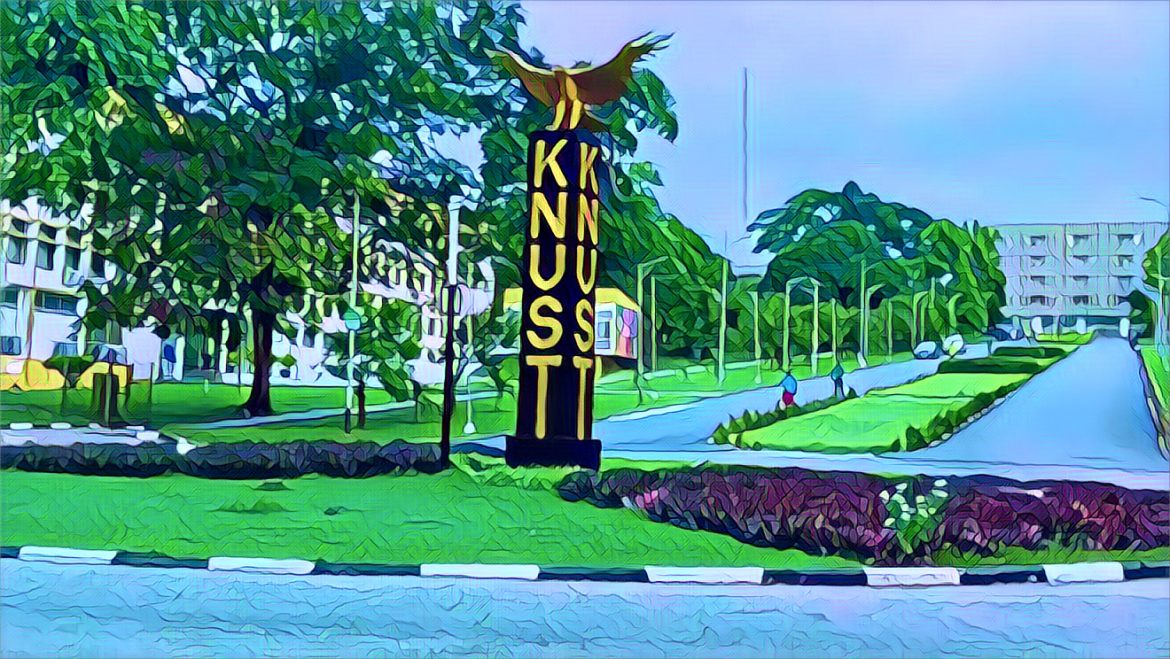The commencement of the Tertiary Education Workers Union of Ghana (TEWU-Ghana) indefinite strike has led to significant disruptions at the Kwame Nkrumah University of Science and Technology (KNUST), leaving students stranded on campus. The union’s decision to strike, announced following an emergency National Executive Council meeting, was driven by the government’s failure to address issues including extra-duty and car maintenance allowances and Tier-2 pension funds.
TEWU-Ghana’s Nationwide Strike: A Call for Compliance
TEWU-Ghana’s National President, Sulemana Abdul-Rahman, speaking with JoyNews, emphasized the establishment of task forces across all university campuses to ensure total compliance among the over 10,000 union members across public universities in Ghana. “We have local leaders across all the public universities, and they will ensure the enforcement of the strike action,” Abdul-Rahman stated.
He expects complete adherence to the strike directives from all union members, reinforcing the sentiment of many who are eager for the government to address their concerns. “Any loyal member of the public universities will not defy the union’s directives,” Abdul-Rahman added.
Impact of the Strike at KNUST
On the campus of KNUST, the effects of the strike are already being felt. Essential facilities like the university library and lecture halls remain closed, leaving students without vital resources. During a visit by JoyNews, many students were seen loitering around the campus, expressing disappointment and frustration due to the unexpected disruptions to their academic activities.
TEWU-Ghana KNUST President’s Remarks
Charles Arthur, President of TEWU-Ghana KNUST, while expressing satisfaction with the level of compliance, warned of more severe consequences if the government continues its current stance. “The university management may have no choice but to shut down the campuses if the government fails to address our demands,” Arthur stated. He emphasized the critical role of facilities like libraries in the university’s functioning, and how their closure alone severely impacts students’ academic pursuits.
Potential Escalation of the Strike’s Impact
Arthur further highlighted that the continuation of the strike could lead to a situation where university management would be compelled to close the universities. “We will reach a point where university management will have no choice but to close the universities,” he explained, underlining the urgent need for the government to listen to and address the union’s demands to prevent further escalation.
Concluding Remarks and Disclaimer
The situation at KNUST serves as a microcosm of the broader challenges faced by public universities in Ghana due to the TEWU strike. The union’s call for government action reflects a critical moment for tertiary education in the country, with the potential for significant long-term implications if the issues remain unresolved.




